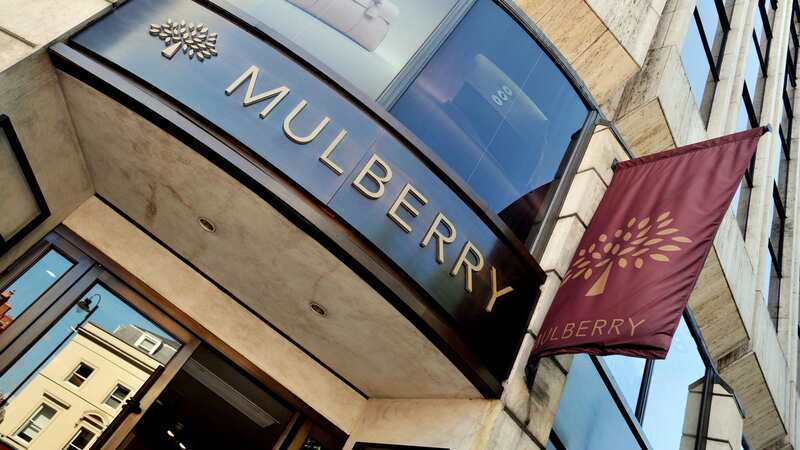

Mulberry, the luxury handbag maker, has reported a significant drop in their festive quarter sales due to consumers' lessened luxury spending.
The British company confirmed that group revenues dropped 8.4% in the 13 weeks leading to December 30, with retail sales falling 1.5%. In the UK, specifically, trading was appreciably weak, as sales saw a fall of 4% during the merry season. This decline is attributed to the government's decision to abolish VAT-free shopping.
The companys shares experienced a dip of 7% in Wednesday's early trading period. This comes as several fashion houses in the luxury sector, like Burberry, face hurdles with decreasing demand, especially since finding December particularly challenging.
Affluent shoppers are tightening their purse strings in response to the rising costs of living and global interest rate hikes. Despite an "unusually high promotional environment", Mulberry remained firm and did not resort to discounts.
They confirmed future results are set to be affected by expenses associated with opening new stores across Sweden and Australia, along with other investments including technological upgrades. Mulberry's chief executive, Thierry Andretta said: "In the run-up to Christmas, the macroeconomic environment continued to impact consumer spending in the luxury retail sector, which Mulberry was not immune from."
 Shop prices 'are yet to peak and will remain high' as inflation hits new heights
Shop prices 'are yet to peak and will remain high' as inflation hits new heights
The group's boss noted: "Despite this, the group maintained its discipline and focus on a full price strategy against an unusually high promotional environment. In the UK, we continue to believe the lack of VAT-free shopping is impacting the retail landscape, as well as the hospitality, leisure and tourism sectors."
However, Mulberry's shares have been struggling for the past five months due to worries about luxury spending in a shaky economy. In November, they warned that the economic climate had "deteriorated", causing customers to be more careful with their money.
This business reported increasing losses for the half-year, hitting £12.8 million in the six months leading up to the end of September from £3.8 million a year earlier. Part of this was due to a rise in some software costs and money spent opening new shops abroad.
* An AI tool was used to add an extra layer to the editing process for this story. You can report any errors to webhomepage@mirror.co.uk